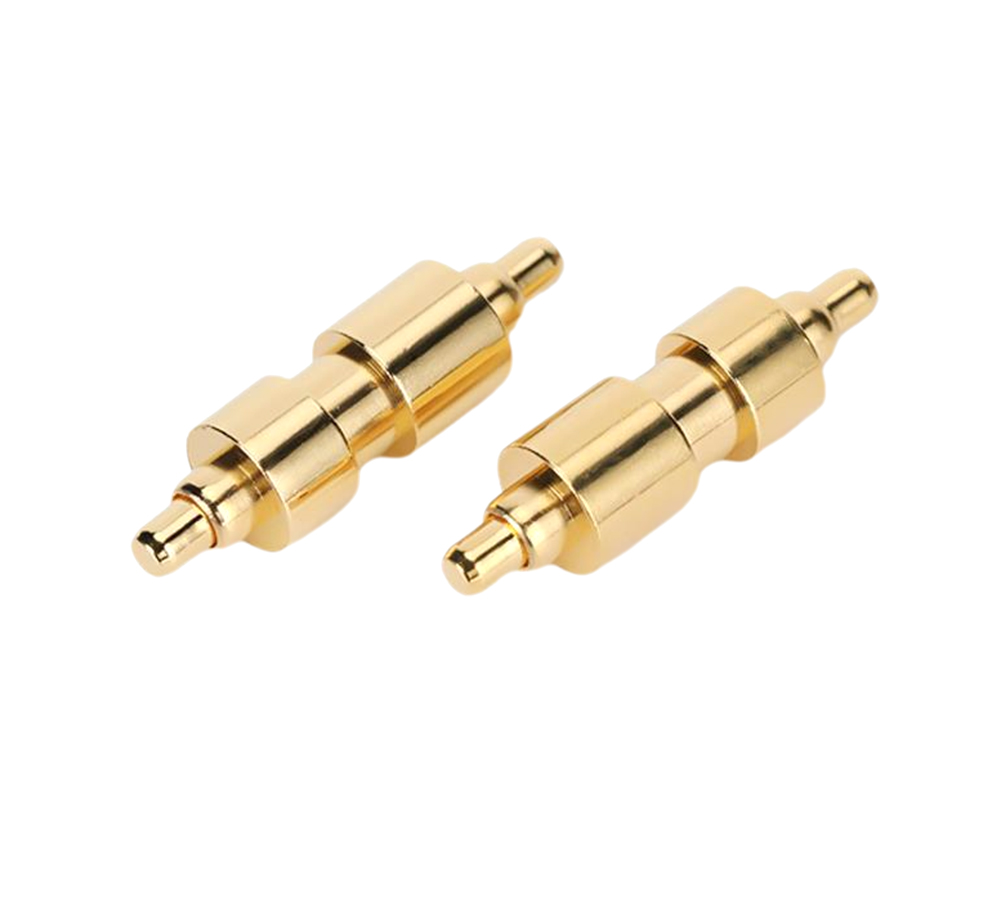Time:2025-06-06 Views:1 source:News

High - current probes for marine power equipment are essential components in the complex electrical systems of ships, playing a crucial role in ensuring the safe, reliable, and efficient operation of vessels. Marine environments are characterized by harsh conditions, including high humidity, saltwater corrosion, and mechanical vibrations, which pose unique challenges to the design and performance of these probes.
These probes are primarily used for measuring, monitoring, and protecting the electrical circuits in marine power systems. In large - scale ships, electrical power is generated by diesel generators or other power - generating units and distributed to various components such as propulsion systems, navigation equipment, and onboard living facilities. High - current probes accurately measure the magnitude of the current flowing through these circuits, providing real - time data to the ship's monitoring and control systems. This information is vital for operators to assess the load distribution, detect abnormal current surges, and prevent potential electrical failures that could disrupt navigation or endanger the safety of the crew and the vessel.
To withstand the marine environment, high - current probes for marine power equipment are constructed using corrosion - resistant materials. Stainless steel, titanium, and specialized engineering plastics are commonly employed in their manufacturing. These materials not only resist the corrosive effects of saltwater but also offer excellent mechanical strength to endure the constant vibrations and impacts experienced during ship operation. Additionally, the probes are often designed with waterproof and dustproof enclosures, meeting strict international standards such as the Ingress Protection (IP) rating system. This ensures that the internal components of the probes remain protected from moisture and debris, maintaining their accuracy and functionality over extended periods at sea.
Another important aspect of marine high - current probes is their ability to operate in a wide range of temperatures. Ships can sail through diverse climates, from frigid polar regions to tropical waters. The probes must be capable of functioning properly in extreme cold, where electrical conductivity can be affected, and in high - temperature environments, where overheating could lead to measurement errors or component failure. Advanced thermal management systems are integrated into these probes to dissipate heat effectively and prevent temperature - related issues. Overall, high - current probes for marine power equipment are engineered to meet the demanding requirements of the maritime industry, safeguarding the electrical integrity of ships and enabling smooth and safe voyages.
Read recommendations:
American standard to Tesla adapter (color)
Quick insertion and removal of pogopin